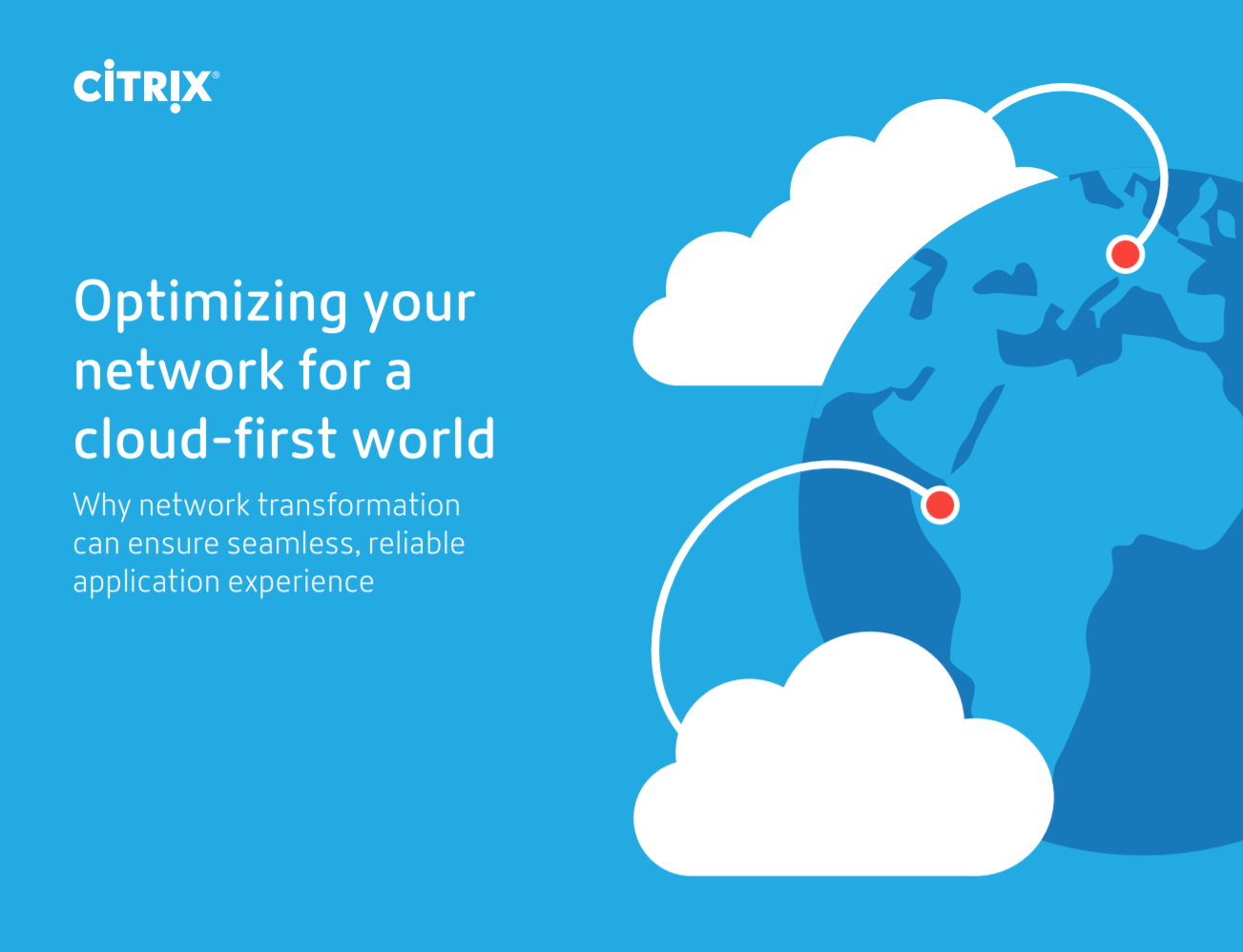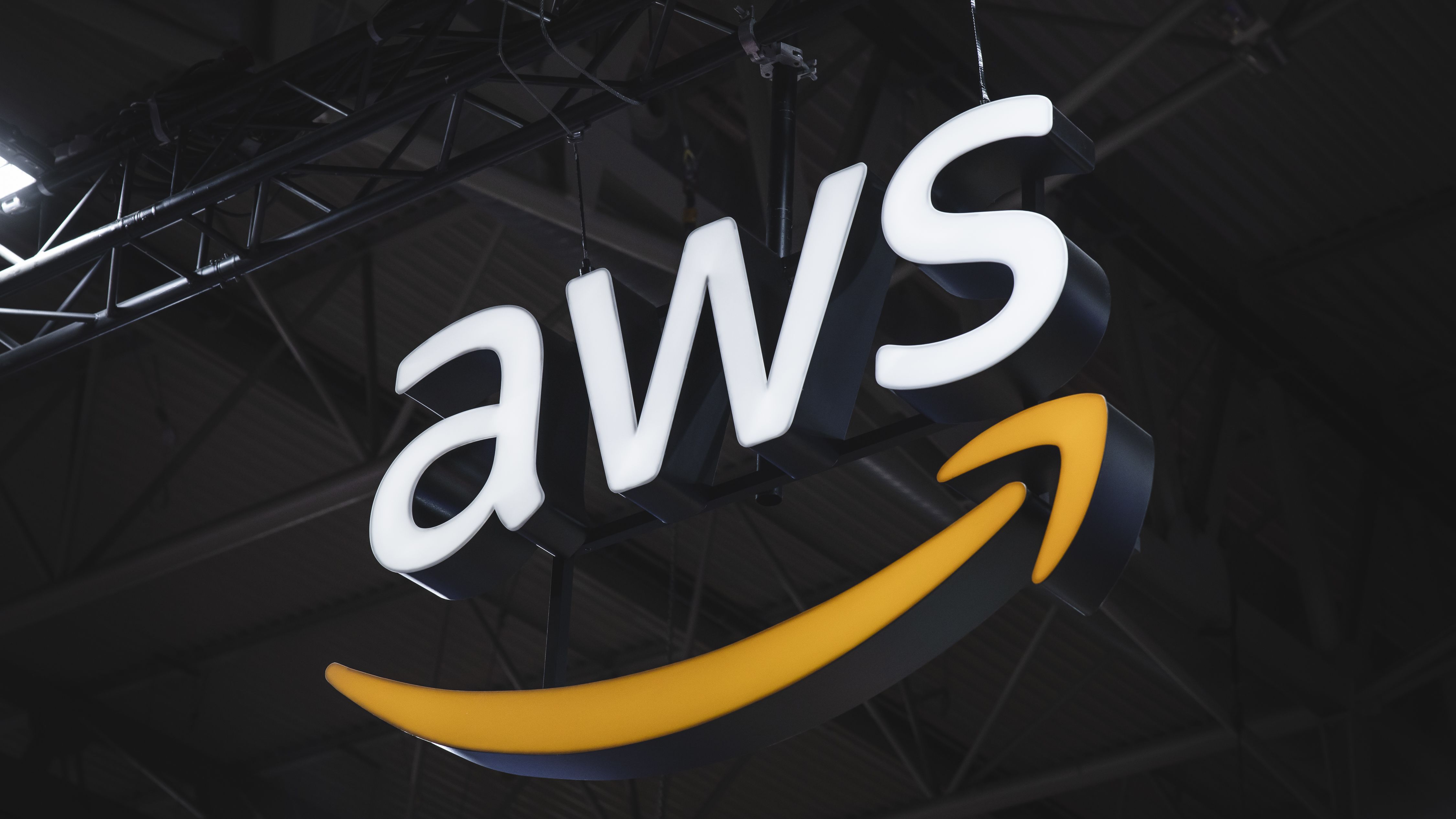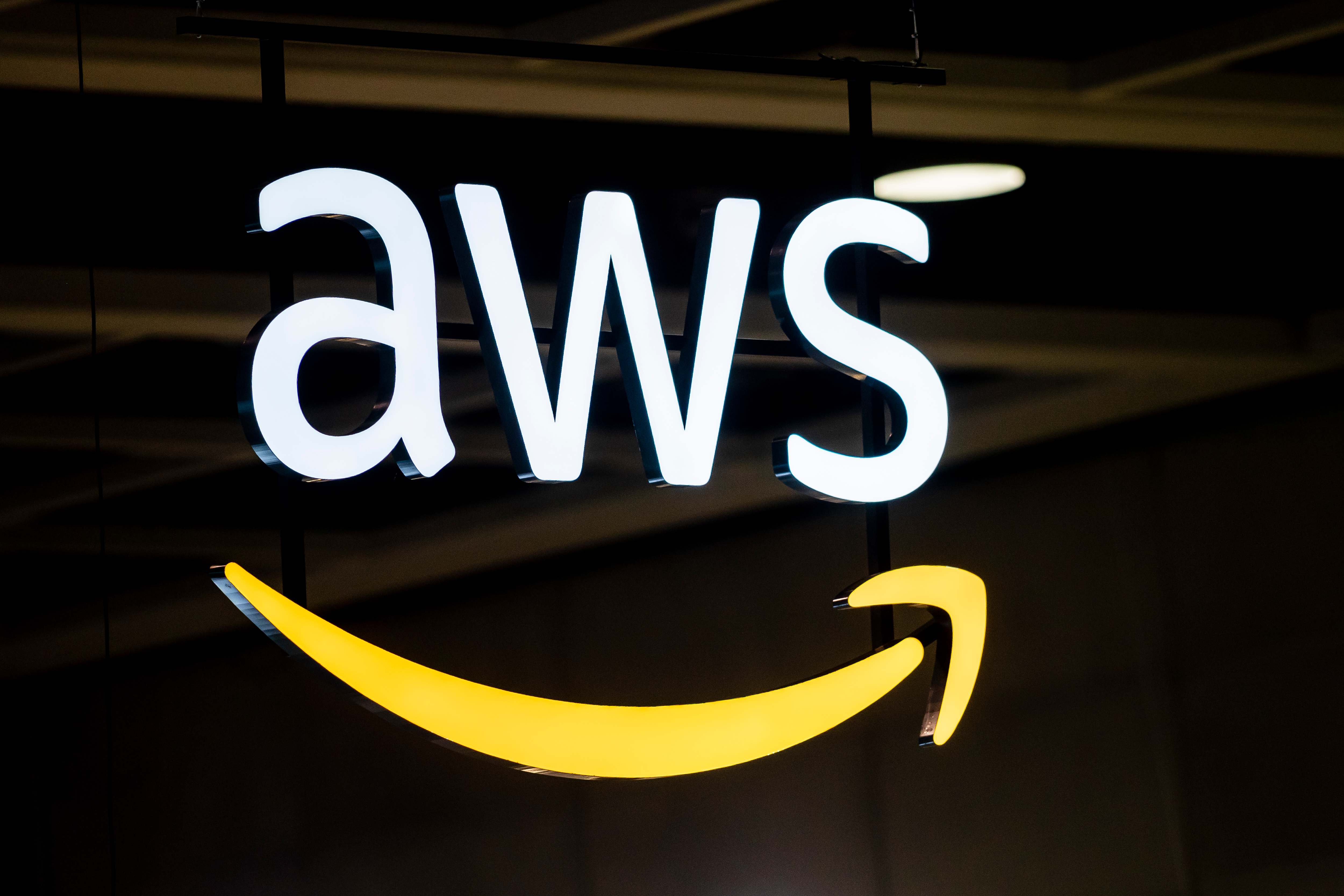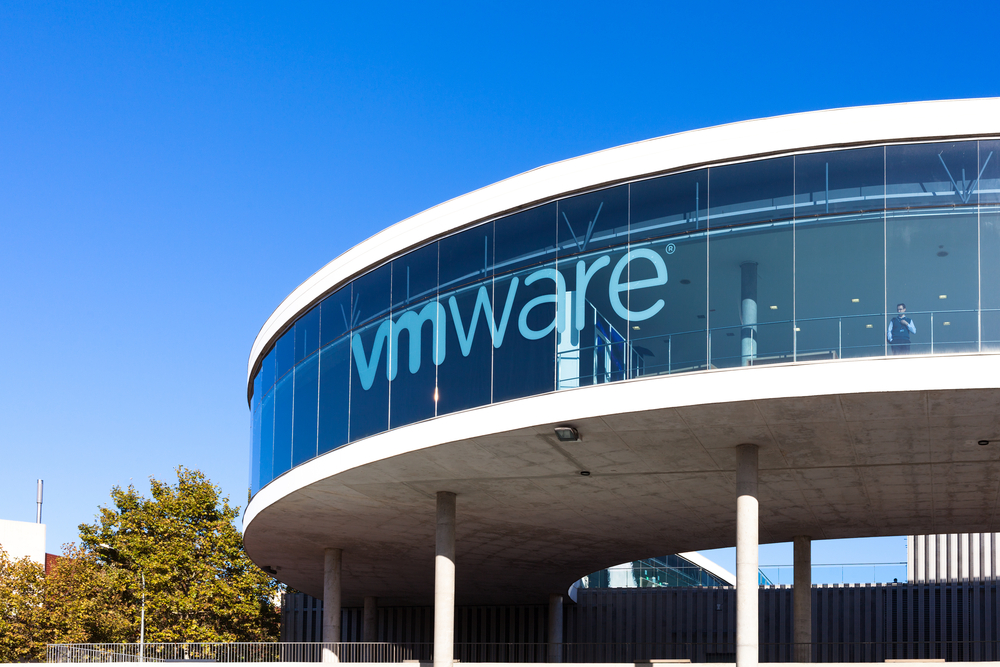Microsoft, not Amazon, is going to win the cloud wars
The disruptor becomes the disrupted


Brace yourselves, because I’m about to share a theory that may be a little unpopular: I believe it’s only a matter of time before Microsoft Azure overtakes AWS as the dominant force in the world of public cloud.
I know that may sound crazy, and many of you are probably already reaching for the ‘close tab’ button, but hear me out.
It’s no secret that Bezos’ cloud computing division is currently sitting pretty as market leader, having capitalised incredibly effectively on its first mover advantage while its’ rivals initial efforts stalled. By cementing its reputation as the biggest force in the cloud industry, it has attracted a number of high-profile customers, but it has struggled to make a major splash within large, established enterprises.
You know who hasn’t, though?
Microsoft.
While AWS has always been a favourite of startups and developers, Microsoft has concentrated firmly on the enterprise and met with remarkable success. To sweeten the deal, Microsoft has also been busily releasing a number of business-friendly features, such as its Azure Arc platform, which is designed to make it easier to consume and deploy its services across a large enterprise estate. In fact, any time I’ve spoken to a CIO who hasn’t yet moved to the cloud but is planning to, Azure has been a key part of their roadmap.
RELATED RESOURCE

Optimising your network for a cloud-first world
Why network transformation can ensure seamless, reliable application experience
The stated reason for this is usually “well, it works with all of our existing systems”, which is a simple yet compelling point; if your on-prem servers are primarily running workloads like Active Directory, SQL Server and Exchange Server instances, opting for Microsoft’s cloud platform is sort of a no-brainer. Add in the fact that most large businesses are likely to be using Microsoft’s Office and Windows software (and even potentially Windows Server) and the logic becomes apparent.
Get the ITPro daily newsletter
Sign up today and you will receive a free copy of our Future Focus 2025 report - the leading guidance on AI, cybersecurity and other IT challenges as per 700+ senior executives
More importantly, however, Microsoft has learned how to play nicely with others. Azure has always been a more open platform than most have given it credit for, but the addition in recent years of full native support for the likes of Linux and VMware show just how far it’s come. It’s making a real effort to be as flexible as possible, allowing customers to run the workloads that they want in the way they want to run them.
This includes multi-cloud environments, which is the new hotness for businesses that want to avoid vendor lock-in and increase redundancy protection. Microsoft is more than happy to support multi-cloud deployments, if that’s what the customer wants.
Amazon? Not so much. As we discussed on this week’s episode of the IT Pro Podcast, there have been recent reports that suggest that AWS partners are banned from even using the term multi-cloud, presumably on the basis that – as the current top of the pile – giving customers the option of using multiple providers only increases the risk that they’ll ditch AWS for a better option. Note that in that scenario, the emphasis is not so much on giving customers the best possible option but on trying to hide from them the fact that other providers exist.
Amazon is undoubtedly on the cutting edge as far as tech development goes; its pioneering work on machine learning, serverless computing and function as a service tools are evidence enough of that. It’s enterprise support that will determine the true winner of the cloud wars, however, and in this area, AWS is leagues behind Microsoft.
Adam Shepherd has been a technology journalist since 2015, covering everything from cloud storage and security, to smartphones and servers. Over the course of his career, he’s seen the spread of 5G, the growing ubiquity of wireless devices, and the start of the connected revolution. He’s also been to more trade shows and technology conferences than he cares to count.
Adam is an avid follower of the latest hardware innovations, and he is never happier than when tinkering with complex network configurations, or exploring a new Linux distro. He was also previously a co-host on the ITPro Podcast, where he was often found ranting about his love of strange gadgets, his disdain for Windows Mobile, and everything in between.
You can find Adam tweeting about enterprise technology (or more often bad jokes) @AdamShepherUK.
-
 Asus ZenScreen Fold OLED MQ17QH review
Asus ZenScreen Fold OLED MQ17QH reviewReviews A stunning foldable 17.3in OLED display – but it's too expensive to be anything more than a thrilling tech demo
By Sasha Muller
-
 How the UK MoJ achieved secure networks for prisons and offices with Palo Alto Networks
How the UK MoJ achieved secure networks for prisons and offices with Palo Alto NetworksCase study Adopting zero trust is a necessity when your own users are trying to launch cyber attacks
By Rory Bathgate
-
 AWS, Microsoft, and Google see massive cloud opportunities in Japan - here’s why
AWS, Microsoft, and Google see massive cloud opportunities in Japan - here’s whyAnalysis AWS’ bid to expand infrastructure in Japan will see it it invest over $15 billion, but it’s not the only hyperscaler that has its eye on big gains in the country
By Solomon Klappholz
-
 AWS layoffs: Why Amazon is cutting staff from its most profitable division
AWS layoffs: Why Amazon is cutting staff from its most profitable divisionNews AWS layoffs follow a period of slowing growth and decreasing market share for the cloud division
By Ross Kelly
-
 AWS invests $6 billion in Malaysia cloud expansion as SEA competition heats up
AWS invests $6 billion in Malaysia cloud expansion as SEA competition heats upNews While AWS continues expanding its footprint in Southeast Asia, Chinese competitors are edging into this expanding market
By Ross Kelly
-
 Hyperscaler earnings 'highlight new era of maturity' in global cloud market
Hyperscaler earnings 'highlight new era of maturity' in global cloud marketNews Sluggish earnings for Azure, Google Cloud, and AWS could point to a more moderate cloud market in the year ahead
By Ross Kelly
-
 AWS splashes $35 billion to expand data centres in Virginia
AWS splashes $35 billion to expand data centres in VirginiaNews The massive figure is close to the total sum AWS has previously invested in the state since 2006
By Zach Marzouk
-
 AWS launches Australia's first local zone for low-latency workloads and data residency
AWS launches Australia's first local zone for low-latency workloads and data residencyNews The company is aiming to help customers who need infrastructure closer to their data sources or end-users
By Zach Marzouk
-
 AWS follows Google in opening a cloud region in Thailand
AWS follows Google in opening a cloud region in ThailandNews The region is one of 24 other global regions announced by the company
By Zach Marzouk
-
 NetApp teams up with VMware to help businesses migrate enterprise workloads
NetApp teams up with VMware to help businesses migrate enterprise workloadsNews Amazon FSx for NetApp ONTAP is the first native AWS cloud storage to be certified as a supplemental datastore for VMware cloud on AWS
By Daniel Todd